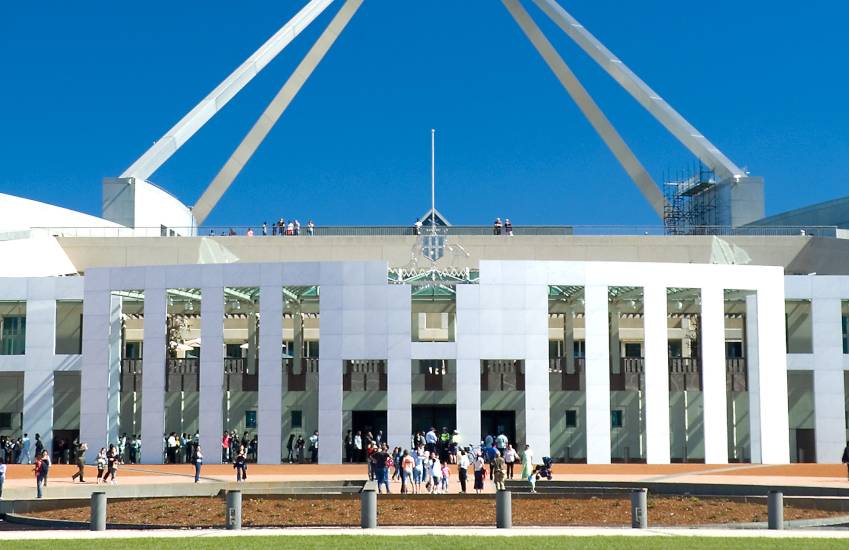On Tuesday, the Reserve Bank of Australia (RBA) became the first central bank to cut official interest rates in response to the developing COVID-19 situation, and was followed closely by the US Federal Reserve making an unscheduled rate cut.
The government has now been called to loosen its purse strings to counter the impact of the virus, despite Prime Minister Scott Morrison saying last week, “I can assure taxpayers… that we’re not a government that engages in extreme fiscal responses.”
You’re out of free articles for this month
Federal Reserve chair Jerome Powell also alluded to this in his press conference, noting that a “multi-faceted response” was required by governments to deal with the virus outbreak.
“It will also come from fiscal authorities should they determine a response is appropriate,” Mr Powell said.
CPA Australia general manager of external policy Paul Drum believes the government will need to re-evaluate its policy and consider a targeted stimulus package now instead of waiting for the federal budget in May.
“We recognise of course that stimulus measures of these types also come at a cost to government — sending them into or increasing their deficits — but something needs to be done as businesses are feeling the pinch from both the bushfires and now the repercussions from the coronavirus,” Mr Drum told Accountants Daily.
Pointing to Hong Kong’s recently announced $2,000 cash handout to every adult permanent resident and Singapore’s cash payout of up to $300 to all Singaporeans aged 21 and older, Mr Drum said the government should consider a similar move as a short-term measure in the current economic climate.
“This could include cash to individuals similar to the Rudd government money during the GFC. Experience shows the most effective stimulus measures are aimed at individuals and households,” Mr Drum said.
“Alternatively, the Australian government could retrospectively increase the low and middle-income tax offset from $1,080 to a higher amount for the 2019–20 year, to ensure money gets out now.”
While the Queensland government has moved to allow small and medium businesses to defer their payroll tax payments for six months, Mr Drum believes deferring tax payments might just be “kicking the debt can further down the road”.
“While positive in the short term, [it] may create cash-flow difficulties in the future as these businesses will have to pay multiple tax obligations at the same time,” he said.
“They could also consider a corporate income tax rebate for small business; a corporate tax rebate effectively cuts the corporate tax rate without cutting the rate. Like the $1,080 low and middle-income tax offset, it can be targeted at smaller companies.
“To help unincorporated businesses, the government could give an equivalent increase to the small business income tax offset. To make its impact more immediate, such a policy could be delivered for the 2019–20 year rather than waiting until 2020–21.”
Mr Drum believes the government should also consider a range of other measures, including waiving business registration and licence fees, introducing a backdated investment allowance, or providing financial incentives to persuade small businesses to sell on e-commerce platforms.
“With the possible shutting of entire cities in the most severe scenario, businesses need to find other ways to get their products or services to clients, and e-commerce platforms are therefore essential,” Mr Drum said.
“We know from our own research that Australian small businesses are not big users of online selling and social media, so government incentives to sell online would be very helpful to not only tide businesses through a sharp decline in activity but also the recovery and beyond.”
Jotham Lian
AUTHOR
Jotham Lian is the editor of Accountants Daily, the leading source of breaking news, analysis and insight for Australian accounting professionals.
Before joining the team in 2017, Jotham wrote for a range of national mastheads including the Sydney Morning Herald, and Channel NewsAsia.
You can email Jotham at: This email address is being protected from spambots. You need JavaScript enabled to view it.

 Login
Login







